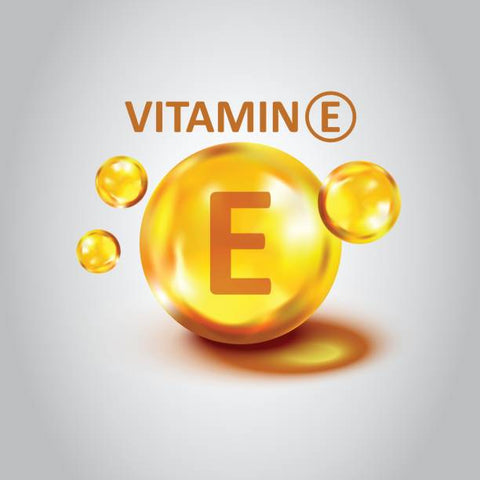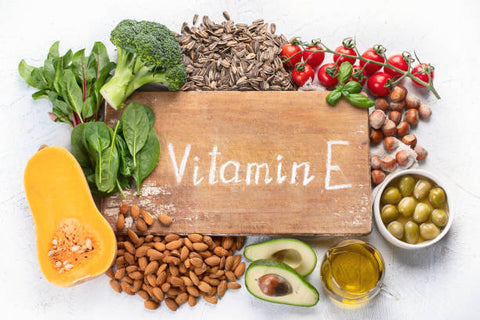Vitamin E is a fat-soluble nutrient with powerful antioxidant properties. It plays a crucial role in various bodily functions and offers a range of health benefits. In this article, we'll explore what vitamin E is, what it does in the body, dietary sources, its health advantages, and much more.
What Is Vitamin E?
Vitamin E is a group of fat-soluble compounds with antioxidant effects. The most biologically active form of vitamin E is called alpha-tocopherol. This vitamin is essential for the proper functioning of the body and offers various health advantages.
Functions of Vitamin E:
Vitamin E has several vital functions, including:
- Antioxidant Protection: Vitamin E helps protect cells from damage caused by free radicals. This can prevent oxidative stress, which is linked to various chronic diseases.
- Immune Support: It plays a role in enhancing the immune system's response to pathogens.
- Skin Health: Vitamin E is used in many skincare products due to its ability to nourish and protect the skin. It can help reduce the effects of UV damage.
- Heart Health: Some studies suggest that vitamin E may help lower the risk of heart disease.
- Eye Health: It's been associated with a reduced risk of cataracts and age-related macular degeneration.
- Anti-Inflammatory Effects: Vitamin E may help reduce inflammation in the body.
Sources of Vitamin E:
You can find vitamin E in a variety of foods, including:
- Nuts and Seeds: Almonds, sunflower seeds, hazelnuts, and more.
- Vegetable Oils: Wheat germ oil, sunflower oil, safflower oil, and others.
- Green Leafy Vegetables: Spinach, Swiss chard, and kale.
- Fortified Foods: Some cereals, fruit juices, and spreads are enriched with vitamin E.
- Fruits: Kiwi, mango, and blackberries also contain vitamin E.
Benefits of Vitamin E:
- Antioxidant Protection: Vitamin E combats oxidative stress and reduces the risk of chronic diseases.
- Skin Health: It helps maintain healthy skin and can protect against UV damage.
- Heart Health: Some studies suggest a link between vitamin E intake and reduced heart disease risk.
- Eye Health: It may lower the risk of cataracts and age-related macular degeneration.
- Immune Support: Vitamin E contributes to a robust immune system.
- Anti-Inflammatory Effects: It may help reduce inflammation in the body.
Vitamin E Deficiency:
Vitamin E deficiency is rare but can occur in people with certain genetic disorders, conditions that affect fat absorption, or those with a very low-fat diet.
Supplements and Dosage:
Vitamin E supplements are available and are commonly used to address deficiencies. The recommended dietary allowance (RDA) for vitamin E varies depending on age and sex but typically ranges from 15 to 15 milligrams daily.
Conclusion:
Vitamin E is a vital nutrient with antioxidant properties that support various aspects of health, from immune function to heart and skin health. To ensure you get enough vitamin E, incorporate foods rich in this nutrient into your diet, and consult with a healthcare professional for personalized nutritional guidance.
Author: Nikita Vishnoi BCA












